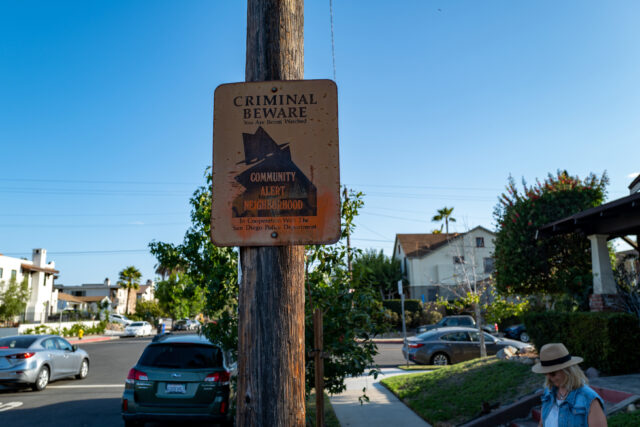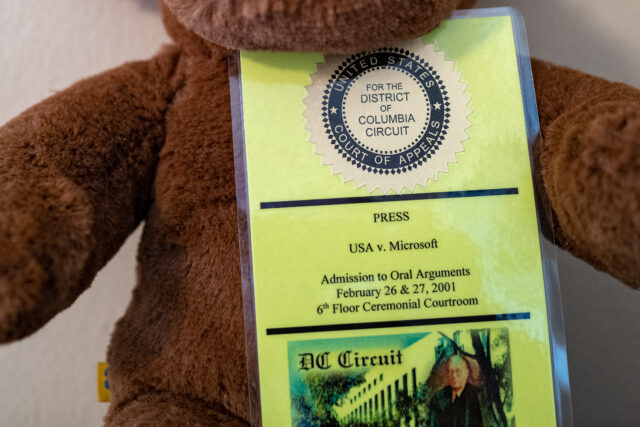On June 29, 2006, a sinkhole mysteriously opened in our backyard. We lived nearly 5 kilometers—about 3 miles—outside the Washington Beltway. I wouldn’t want to be too close to the District of Columbia this weekend, in the wake of today’s momentous, or shocking (depending on your politics or values), Supreme Court decision that overturned Roe v Wade. States will now individually dictate when, if at all, abortions may be performed.
I use the Featured Image as a metaphor, so to speak, for the sinkhole into which people praising or condemning the decision will fall into. Seems like there is no solid ground under this topic; anyone and everyone opposing your position, whatever that may be, will be pushed in and buried. To some, abortion is murder. To others, it’s a right taken away.











